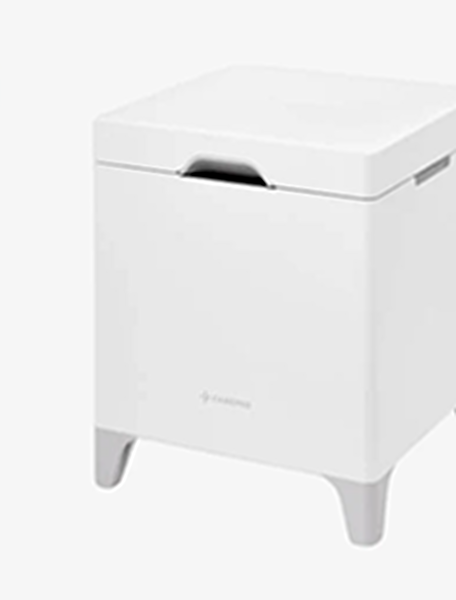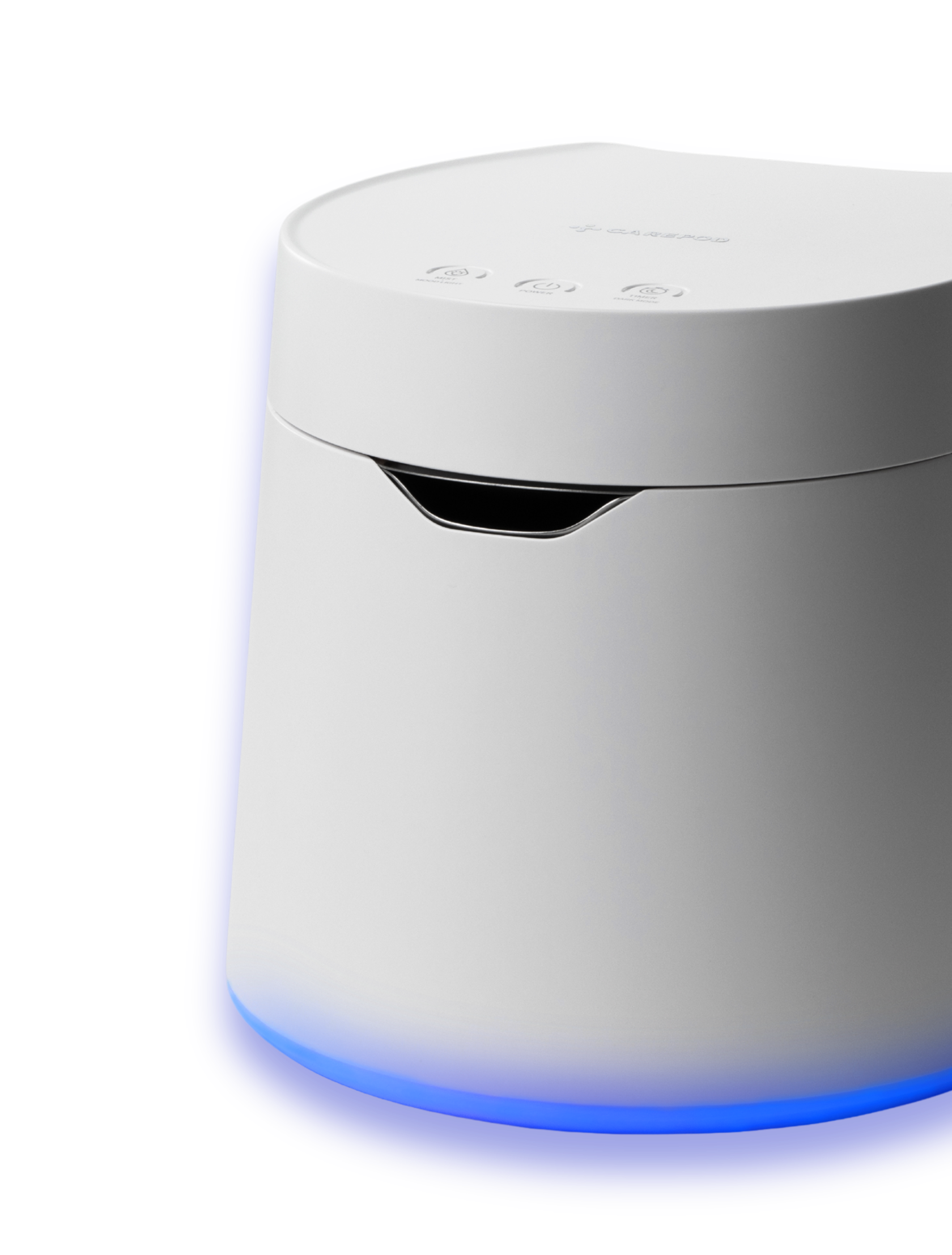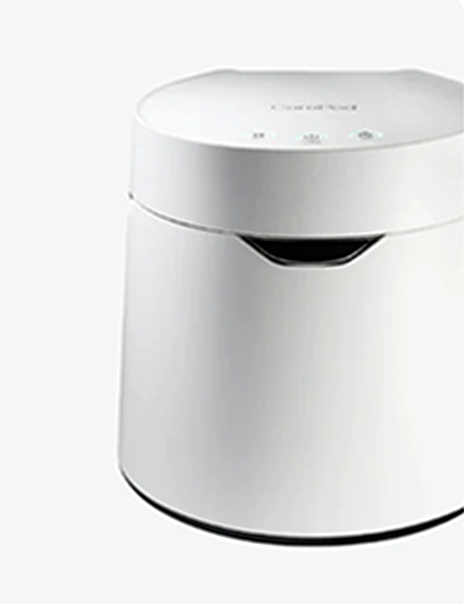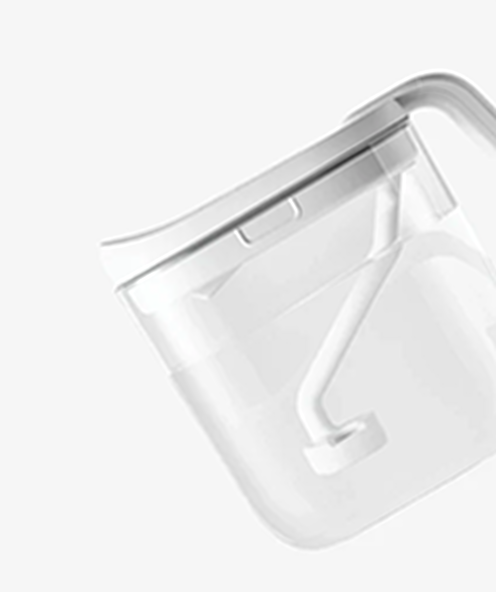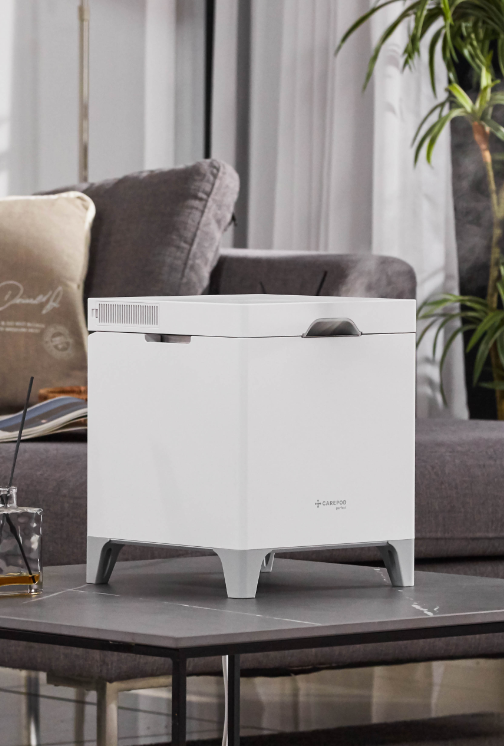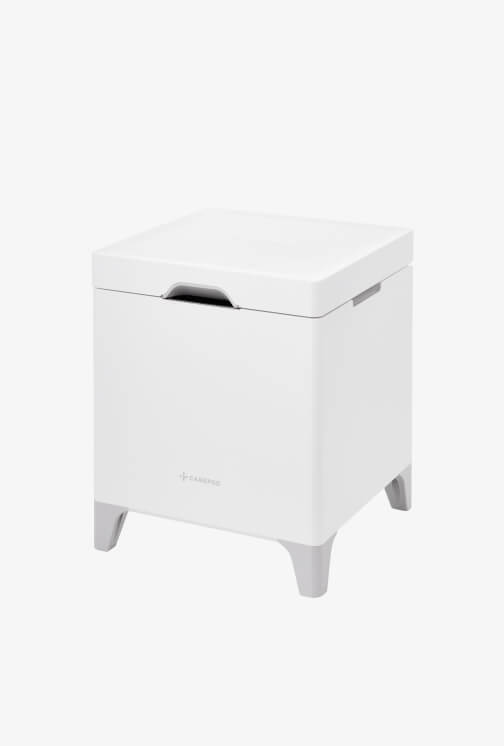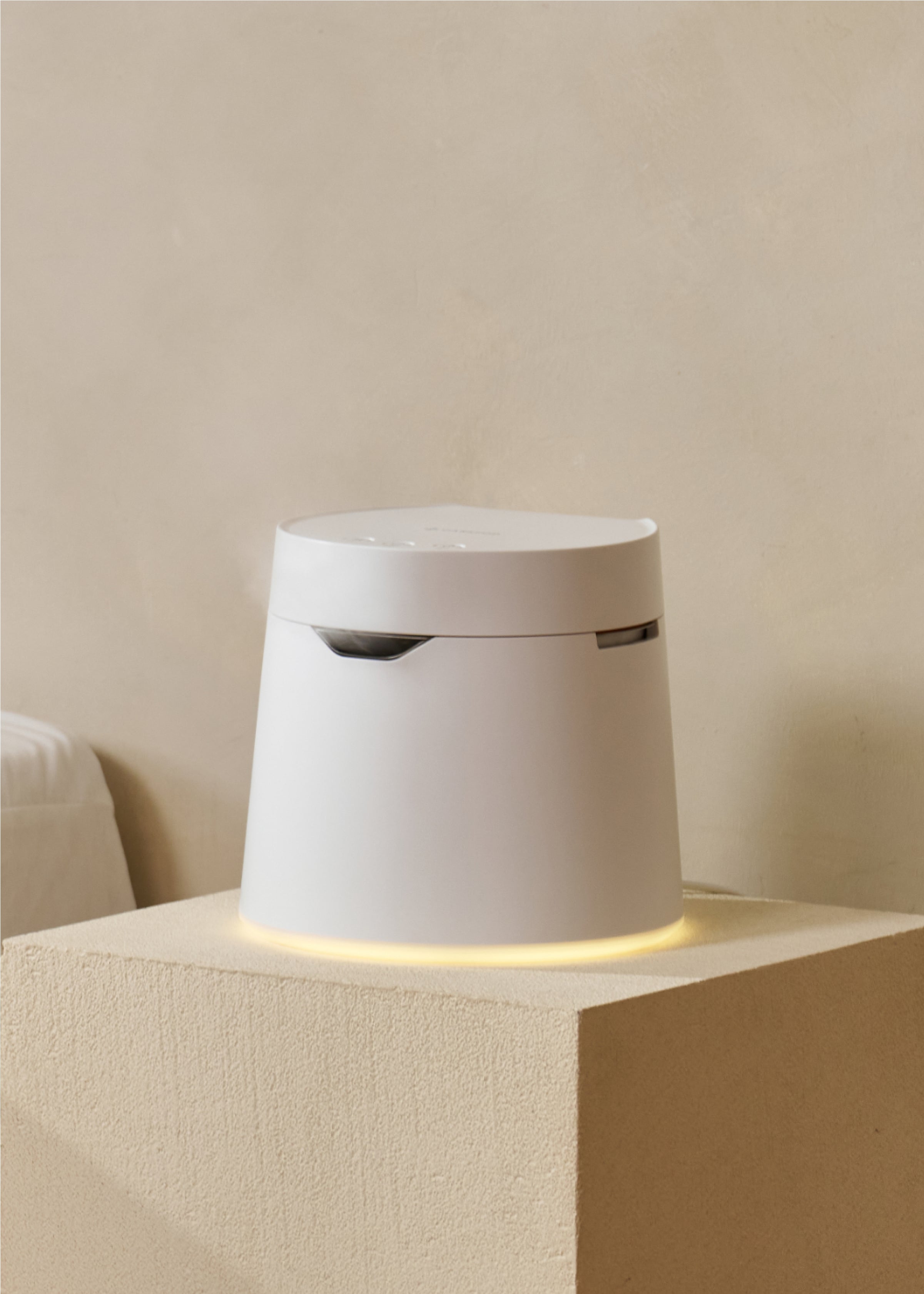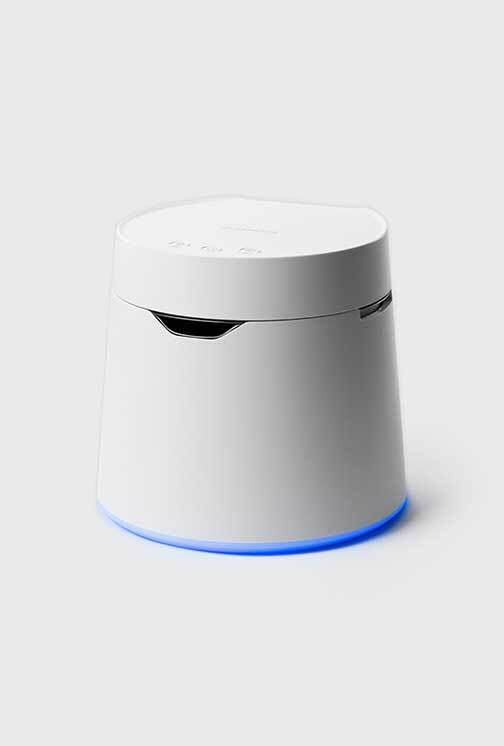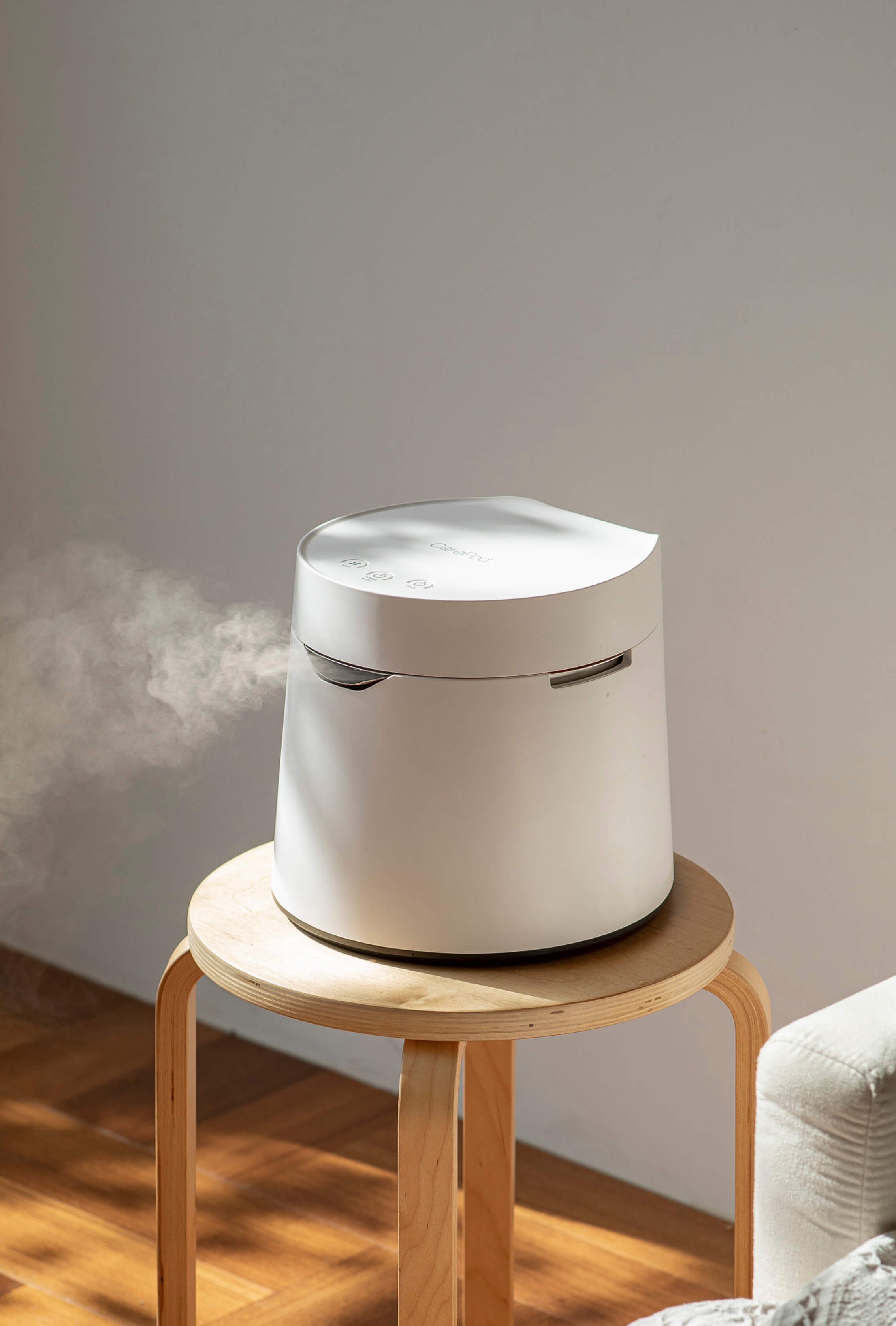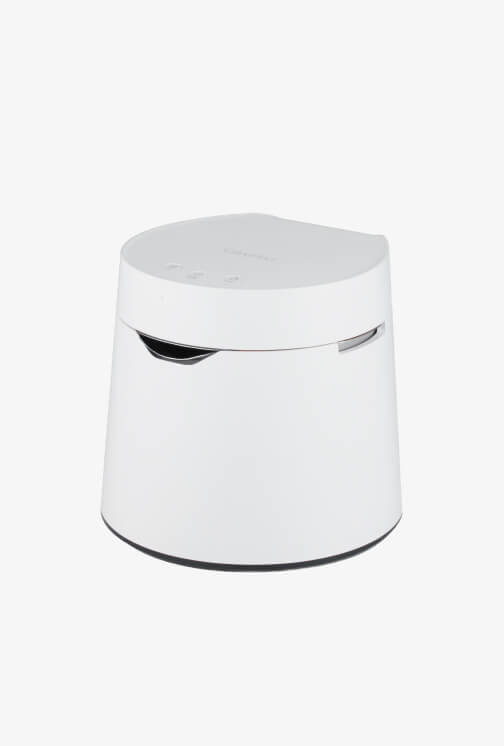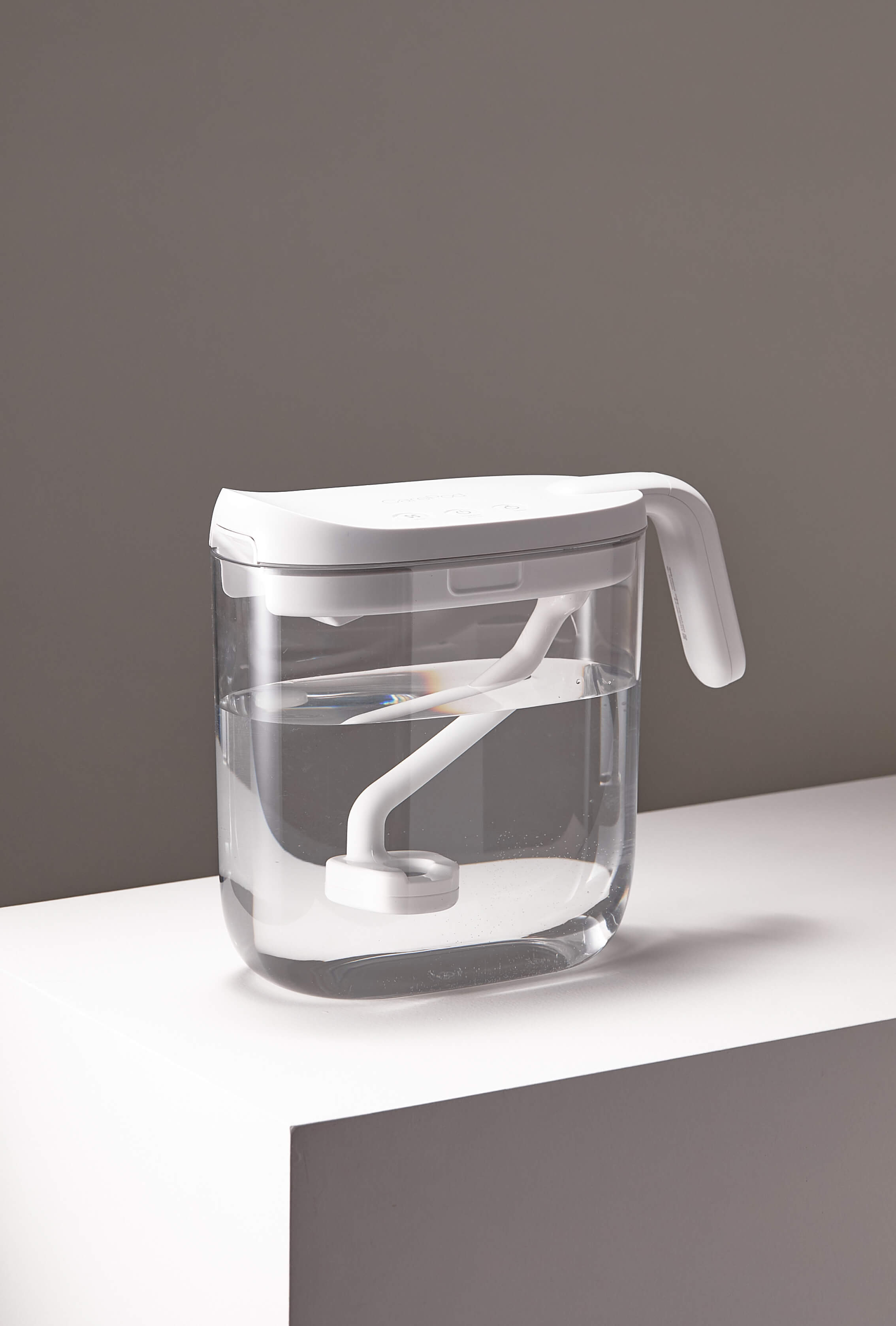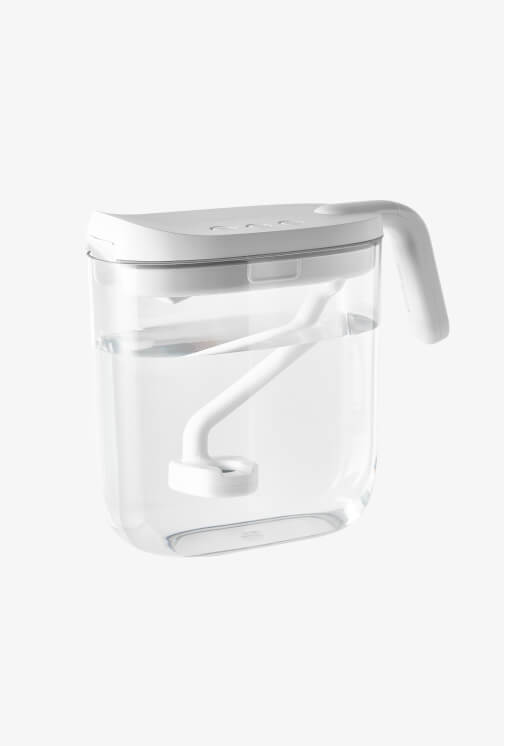Why Use Humidifiers for Skincare?

So you've just embarked on your skincare journey. To say the least, it's overwhelming. Everywhere you turn -- TikTok, YouTube, your friend's cousin's wife who happens to be a dermatologist -- you struggle to comb through the endless information and recommendations of "do this" and "do that."
Maybe the internet has told you that your current skin ailment, be it flakiness or acne, is a result of dry air. But, purchasing a humidifier seems like a daunting decision. Between the upkeep and price, you want to be sure you're making the right choice before you click "purchase."
Whether this sounds like you or could not be further from the truth, your research brought you to us. Luckily, you've come to the perfect place.
We'll bring you through exactly why a humidifier may be the right addition to your home and supply of skincare products. (And no, it isn't just because Hailey Bieber has four in her bedroom).
What Does a Humidifier Do?
Let's start off simple. If you're considering getting a humidifier, it helps to know how it works.
When you set up your humidifier, you'll be instructed to add water. Once it's turned on, the humidifier will work its magic by converting that water into either a warm or cool mist. This mist is released into the air, increasing the amount of water vapor in the environment.
Now that we got that out of the way, let's move on.
How Does Humidity Affect Your Skin?
A common symptom of low air moisture levels is dehydrated skin.
What exactly is dehydrated skin? Well, it's pretty self-explanatory. If your skin is dehydrated, it's lacking the optimal moisture (re: water molecules) it needs to function.
A common misconception is that dehydrated skin and dry skin are the same thing. In actuality, your skin can be both oily and dehydrated. However, one possible result of dehydration is dry, flaky, or peeling skin.
The reason that dry environments can lead to different skin outcomes lies in a simple fact of your anatomy: your skin barrier.
The Skin Barrier
Pencils out, notebooks open. It's time to dive into the science of your skin.
Your skin or moisture barrier is the outer layer of your skin. It's made up of lipids and dead or dying skin cells called corneocytes. The skin barrier acts like armor, protecting your skin from any outside threats, like toxins or chemicals. It also works to keep water in.
Not everyone's skin barrier is the same. Some people have thinner skin barriers, others might have barriers with severe damage, like holes or tears. A damaged barrier is not ideal as it will leave you vulnerable to harm.
Poor protective barriers go hand in hand with conditions like acne, eczema, psoriasis, and rosacea. Especially because damaged skin barriers are prone to moisture loss, they can lead to skin dullness, itchy skin, or skin roughness.
In low humidity levels, your moisture barrier is likely to crack. It's essential to keep this outer layer of the skin properly hydrated. If your climate does not have optimal humidity levels, a humidifier will help with that hydration.
Benefits of Hydrating Your Skin
Aids dry skin
In the cold winter months, when everyone is plagued with dry skin, many people break out their humidifiers. The main reason for this is, during the winter, dry skin struggles to retain its moisture.
Harsh, cold winds break down the skin barrier, making it susceptible to moisture loss. It doesn't help that dry winter air lacks sufficient humidity to keep skin hydrated. Turning on a humidifier while you sleep will raise those air humidity levels and reduce dry skin.
Helps soothe skin conditions
Genetic skin conditions like ezema, psoriasis, and rosacea are heavily affected by environmental conditions. Dry climates and dehydrated skin often result in flare-ups. To help those dealing with these skin conditions, dermatologists recommend humidifiers to prevent conditions from worsening.
Reduces acne breakouts
Remember when we said that your skin can be dehydrated and oily? To compensate for a lack of moisture, our skin's oil glands may produce excess sebum. This build-up of sebum can result in acne flare ups.
Additionally, if your skin barrier is damaged, you're likely to be more vulnerable to breakouts. Properly hydrating your skin and rebuilding your barrier will help reduce breakouts.
Radiant and Dewy Skin
When your skin is properly hydrated, it's going to look healthier! Hydrated, healthy skin tends to have better elasticity, as well as look smoother and less dull. What we typically associate with "nice skin" is actually usually hydrated skin.
How Do I Get the Most Out of My Humidifier?
Getting the most bang for your buck from your humidifier will depend on your skincare routine.
And we know what you're wondering... "You mean that if I get a humidifier, I'll still have to use other skin care products?"
Yes, don't kiss your routine goodbye so fast. Humidifiers work best when they supplement your regimen.
Now, this doesn't mean you can just slather any fancy skincare product across your face. You'll get the most benefit by pairing your home's newly optimal humidity levels with a proper hydrator and moisturizer.
Start with a hydrator
Hydrators, known scientifically as humectants, are actives in skin care products that absorb water from the atmosphere or skin barrier into your skin. Examples of these ingredients are hyaluronic acid, glycerin, lactic acid, and snail mucin.
Because hydrators absorb water molecules from the environment, they'll help you get the most out of all your humidifier's work. Dermatologists also recommend applying these products on already-moist, damp skin.
Seal it all in with a moisturizer
Preventing moisture loss is a serious business. That's why, after your hydrator draws those water molecules into your skin, you're going to use a moisturizer to lock it all in.
Moisturizers, also known as occlusive agents, are ingredients that create a seal on top of your skin. This will secure all that new moisture. Examples of occlusive agents are shea butter, lanolin, and mineral oil.
You can either use separate products for your hydrator and moisturizer, or you can find a product with both kinds of ingredients. In fact, many commercial "moisturizers" (as in the product, not the active) contain both humectants and occlusive agents.
Final Thoughts
If you live in a drier climate, using your humidifier for skin care purposes is a smart choice. Science shows that the humidity of your environment has a direct impact on your skin health. So, if you're looking to properly hydrate your skin and strengthen your moisture barrier, look no further than a humidifier.
For a clean and effective humidifier option, check out one of Carepod's various models. And, since setting up and maintaining your first humidifier can seem intimidating, take advantage of Carepod's large library of blogs and guides.
Happy humidifying!
